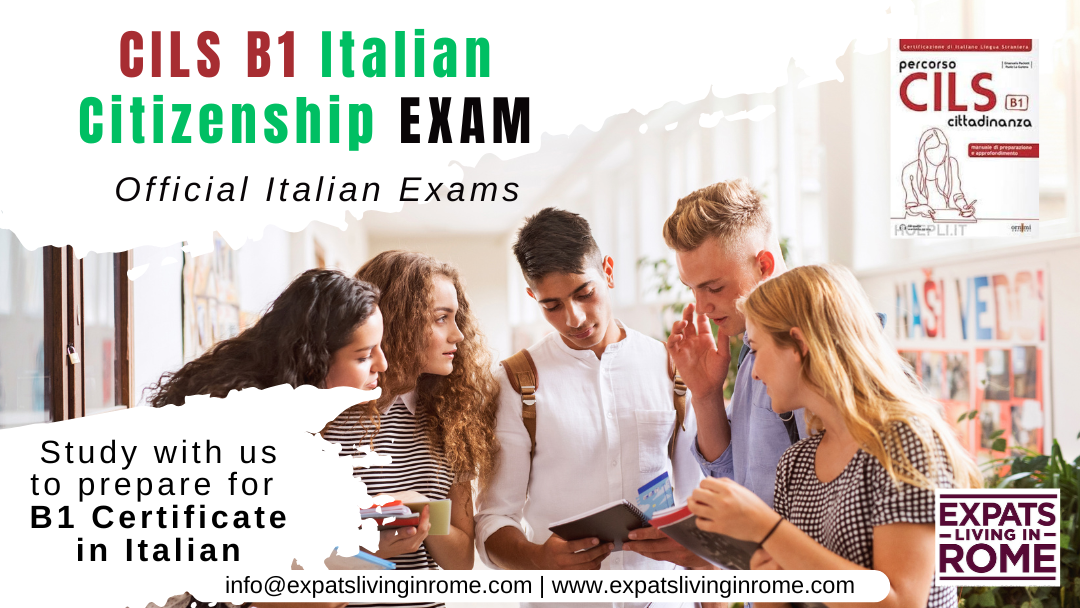Changes to Italian Citizenship Law: What You Need to Know
Italy has recently enacted a significant reform to its citizenship laws, introducing stricter requirements for those seeking to claim Italian citizenship by descent (iure sanguinis). The new law, approved on March 28, 2025, is set to impact thousands of people worldwide who had planned to apply for Italian citizenship through their ancestral ties.
What Has Changed?
Previously, individuals with an Italian ancestor who was alive after March 17, 1861 (the unification of Italy) could apply for citizenship without generational limits, provided they could prove their lineage. However, the new law introduces several key restrictions:
• Citizenship Limited to Two Generations
• Applicants must now have at least one parent or grandparent who was born in Italy. Those with more distant ancestry, such as great-grandparents or beyond, will no longer qualify automatically.
• Requirement of a Strong Connection to Italy
• The Italian government now requires applicants to demonstrate a tangible connection to Italy, such as recent residence, direct parental ties, or cultural engagement. This change aligns Italy’s citizenship rules more closely with those of other EU nations.
• Centralized Processing of Applications
• To reduce the backlog at Italian consulates, all applications will now be processed in Rome, rather than at consulates worldwide.
Why Is Italy Making These Changes?
In recent years, Italy has experienced a surge in citizenship applications, particularly from individuals in North and South America who claim Italian ancestry. While these individuals may have never lived in Italy, current laws allowed them to become citizens, often granting them access to EU benefits, including the right to live and work across Europe.
The government argues that the new restrictions are necessary for several reasons:
(1) Administrative Overload – The sheer volume of applications has overwhelmed consulates and local municipalities, leading to long processing times and inefficiencies.
(2) Economic and Social Considerations – Many new citizens do not reside in Italy, meaning they contribute little to the country’s tax system or economy.
(3) Alignment with Other European Countries – Italy’s previous citizenship law was one of the most lenient in Europe. The new changes bring Italy closer in line with countries like Spain and Portugal, which require a stronger link to the country.
Who Will Be Affected?
If you were planning to apply for Italian citizenship based on distant ancestry, these changes may impact your eligibility. However, individuals with an Italian-born parent or grandparent will still be able to apply, provided they meet the new connection requirements.
Those who are already in the process of applying may also need to provide additional documentation to prove their ties to Italy.
What Can You Do Next?
If you are considering applying for Italian citizenship, it is crucial to stay informed and seek legal advice to determine your eligibility under the new rules. At Expats Living in Rome, we provide consultation services to help guide you through the application process and explore alternative pathways to legal residency in Italy.
The note said that the main countries of Italian emigration have recorded over the last few years a strong increase in successful citizenship applications.
Between the end of 2014 and the end of 2024, citizens residing abroad have increased from some 4.6 million to 6.4 million, up 40% in a decade, it said.
For updates on Italian immigration and expat-related topics, be sure to subscribe to our newsletter or contact us for a consultation!
Need Help with Your Citizenship Application? Email us at [email protected] for a free consultation!

Single Female Travelers in Italy: Practical, confident, and connected
Rome rewards curiosity and courage. This guide offers grounded tips, cultural insight, and community support so you can explore with confidence—day and night, solo and on your own terms. Start with confidence “Solo doesn’t mean alone.” In Rome, you’ll find friendly locals, layered history, and a vibrant expat network. A little preparation goes a long […]

Christmas in Italy 2025: A Magical Season for Expats Across Italy
Christmas in Italy isn’t just a holiday — it’s a season full of history, flavor, celebration, and heartfelt traditions that bring families, towns, and entire regions to life. Whether you’re an expat experiencing your first Italian Christmas or a returning fan of the magic, 2025 promises some beautiful celebrations across the country. Here’s what to […]

Tax Residency Incentives in Italy — Your Guide (2025)
Italy offers several tax incentives designed to attract retirees, entrepreneurs, high-net-worth individuals and remote workers. These regimes can be extremely generous — but they are complex and often conditional. This guide explains the main options in 2025, who qualifies, and how we can help you plan a compliant move. Why Italy Offers Tax Incentives Italy […]

Navigating Healthcare in Rome: A Guide for Expats with English-Speaking Doctors
Moving abroad is exciting, that is until real life hits. I came to Italy from Alaska in 2021 for what was supposed to be a four-month study program in Florence. Four years later, I’m still here, now living and working in Rome. When we plan our dolce vita, we think about pasta, museums filled […]

Major Tax Incentives for Home Renovation in Italy (2024-2033)
Taxpayers carrying out renovation work on residential buildings and common areas of residential complexes in Italy are entitled to claim significant tax relief. This benefit allows individuals to deduct a portion of the expenses incurred from their Italian personal income tax (Irpef). This article outlines the rules, beneficiaries, and changing deduction rates for these home […]

How to Save on Taxes When Buying Your First Home in Italy
Buying a first home in Italy comes with significant tax benefits and incentives designed to make property ownership more accessible. Whether you are an Italian national or a foreigner, understanding these advantages can translate into substantial savings on your property purchase. The “Prima Casa” regime is essentially a set of tax reliefs applicable to the […]

Bringing Your Family to Italy: A Guide for Non-EU Citizens
For non-EU citizens residing in Italy, having your family with you is a tangible goal. Italian law provides a framework for family reunification, allowing you to bring close relatives to live with you under specific conditions. This guide outlines the key requirements, procedures, and rights to help you navigate the process. Who Can Apply for […]

How to Become a Self-Employed Worker in Italy
Are you a non-EU citizen wishing to work as a self-employed worker in Italy? This guide explains the conditions you must meet, the procedures to follow, and the rights you can enjoy during your stay. Conditions for Self-Employment To legally engage in independent work in Italy, non-EU citizens must satisfy several conditions and obtain the […]







